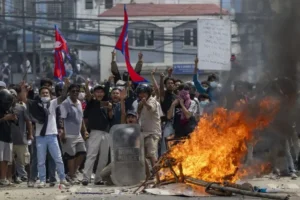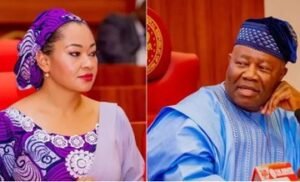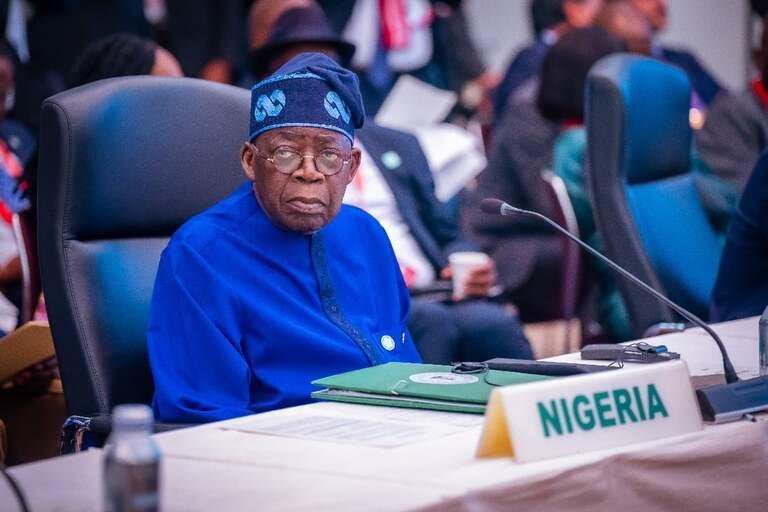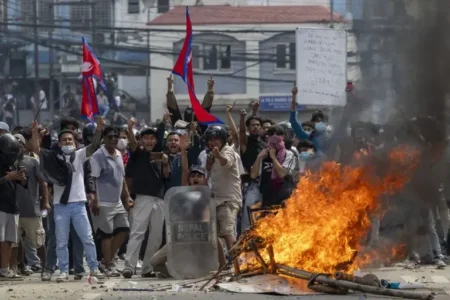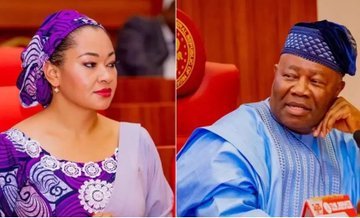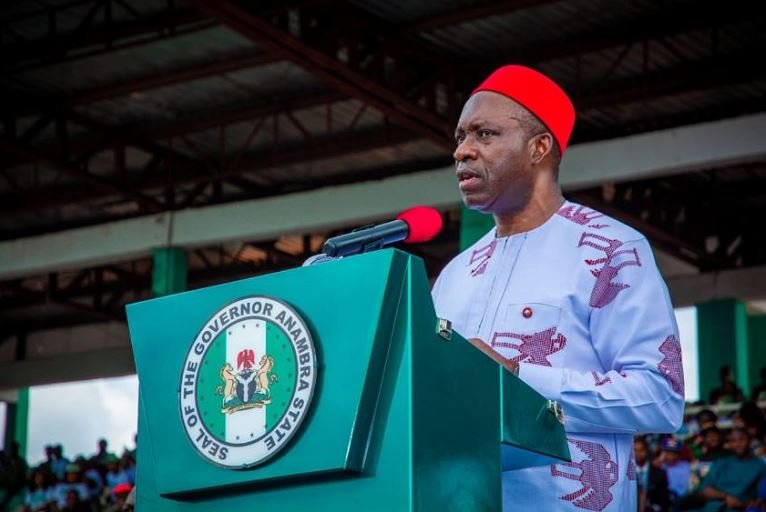The Federal Government of Nigeria has moved to dispel public concern over reports of a new 5% fuel surcharge, stressing that the levy is not a creation of President Bola Tinubu’s administration.
According to Taiwo Oyedele, Chairman of the Presidential Committee on Fiscal Policy and Tax Reforms, the fuel surcharge has been in existence since the Federal Roads Maintenance Agency (Amendment) Act of 2007. Its inclusion in the recently passed Nigeria Tax Act 2025 is simply for harmonisation and transparency, not immediate enforcement.
Oyedele explained that the surcharge will only take effect when the Minister of Finance issues an official order through a gazette. This safeguard, they said, ensures that any implementation considers prevailing economic realities and hardship before rollout.

Crucially, the charge will not affect all fuel products. Kerosene, cooking gas (LPG), compressed natural gas (CNG), and renewable energy sources remain exempt, reflecting Nigeria’s push towards cleaner and more affordable energy.
Officials also argued that the surcharge is designed as a dedicated fund for road infrastructure, a model already in use in more than 150 countries. They noted that savings from the removal of fuel subsidy, while helpful, are insufficient to cover Nigeria’s vast road needs.
The committee added that far from contradicting the government’s reform agenda, the harmonisation process has actually reduced multiple taxes by scrapping burdensome charges such as VAT on fuel, telecoms excise tax, and the cybersecurity levy.
“Keeping the surcharge provision within a forward-looking framework ensures Nigeria is prepared for future challenges, from sustainable road financing to climate change,” the committee stated.
For now, Nigerians can breathe easy, the 5% fuel surcharge will not kick in automatically in 2026, and its future use will depend on government assessment of the economy and citizens’ welfare.
